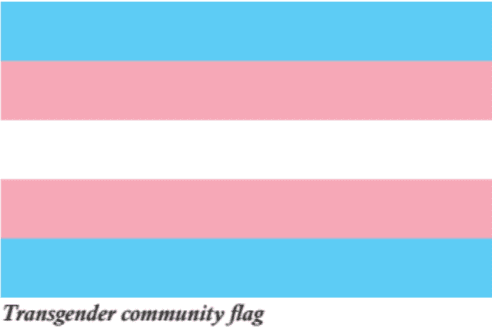
Large disparities in terms of access to quality healthcare are one of the most glaring realities in India where health outcomes are intricately connected to socio-economic and political status, identity, and community. Various dynamics of society are at play in creating complex combinations of barriers that are responsible for the exclusion of vulnerable groups from accessing healthcare. Some barriers, such as poverty or distance to healthcare centres, are simpler to analyse, others at various intersections, of society, systemic discrimination, or policy lapses require a more complex approach of analysis. One of the largest social groups that faces systemic exclusion from healthcare access in India is the Transgender community. The foremost barrier towards vaccination is apprehension, which stems from the transgender community’s historically traumatic relationship with the Indian healthcare system. Many are denied care based on gender; Those who are not still find themselves against insensitive documentation processes, a hostile medical team, poor service, lack of facilities such as washrooms, among several other problems. Apart from vaccine hesitancy, the CoWIN portal possesses a major challenge due a heavily digitally relied system, which does not acknowledge the digital divide combined with the 54% illiteracy rate. Even those who have technological access are to discover that the vaccine registration form does not off er a transgender category in the gender section, and instead off ers an “Other” option. This goes against the landmark NALSA judgment, which states that the State must undertake all measures to account a person’s self-affirmed gender correctly. The registration ordeal further worsens since CoWin asks for a photo identification which the several transgender people lack, having kicked out of their parental homes at young ages.
Furthermore, the lack of factoring of transgender people in vaccine trials causes hesitancy around how the vaccine would respond to hormone medication, gender affirmative surgery, STI or HIV-AIDS treatments. At the peak of rampage of the second wave of the COVID-19 virus, several trans individuals were afraid of being beds and medical care especially when cis-gender people found accessibility of medical care to be a challenge.
This healthcare crisis demands both, short and long- term policy measures such as socio-economic uplift ment, improving literacy, repealing exclusionary laws, and allowing the right to self-affi rmation for one’s gender. On a short-term level measures like vaccine awareness drives, vaccine registration programmes, home to home vaccinations, separate vaccination centres, and special officers responsible for the transgender person’s immunisation would boost the vaccination rate in the trans community.
10 Jan 2022
Aarya Haresh Trivedi